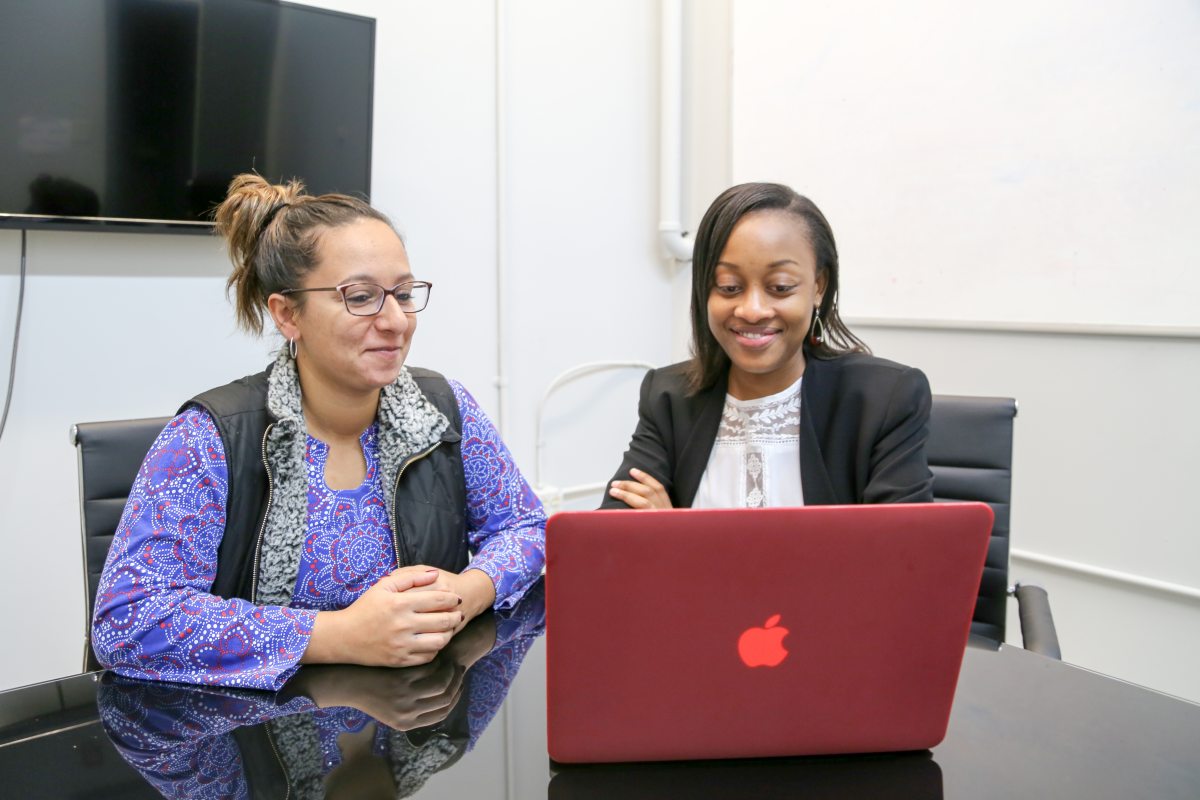Well Said: Seeing sonogram results on your smartphone
On this episode of Well Said, Dr. Jeffrey Stringer, a professor of obstetrics and gynecology in the UNC School of Medicine, explains how two studies at Carolina are working to address birth risks around the world.
With more than 300,000 maternal deaths throughout the world each year, Carolina researchers are working to help pregnant women avoid becoming part of a startling statistic.
Dr. Jeffrey Stringer, a professor of obstetrics and gynecology in the UNC School of Medicine, is leading two studies that address the role of technology in predicting and revealing key risk factors associated with pregnancy, labor and delivery, with the goal of ultimately lowering the staggering rate of mortality during childbirth.
After receiving a $14 million grant from the Bill and Melinda Gates Foundation in May, Stringer teamed up with experts from the UNC Gillings School of Global Public Health and the UNC School of Medicine to use common technology to reach their goal.
One study leverages small sensors, similar to a Fitbit, to monitor pregnant women and develop new algorithms that could predict the risk of complications during and after pregnancy.
“We can use the information from that [technology] to know which women are going to have a complication before they have it, and also make diagnoses earlier so that we can intervene earlier,” Stringer explained.
The second study considers another way to predict future complications for the mother or child using portable sonograms that plug directly into a smartphone. While this seems to provide significantly more access, Stringer explains there is one problem.
“Sonography is a very specific skill,” he said. “Our sonographers here go to school for several years to get those skills. We’re trying to leapfrog that and teach computers to make these interpretations.”
The study would provide the data for artificial intelligence to read and analyze the sonograms from anywhere.
On this episode of Well Said, Stringer explains the methods and reasons behind these two studies and how it can change childbirth worldwide.
Listen to this episode on SoundCloud or wherever you get podcasts.
Read a transcript of the episode.
Join us every Wednesday for Well Said to hear from students, faculty, staff and alumni. Each week, you’ll learn what’s going on in classrooms, labs and around campus, and how it pertains to the local, national and international headlines.




